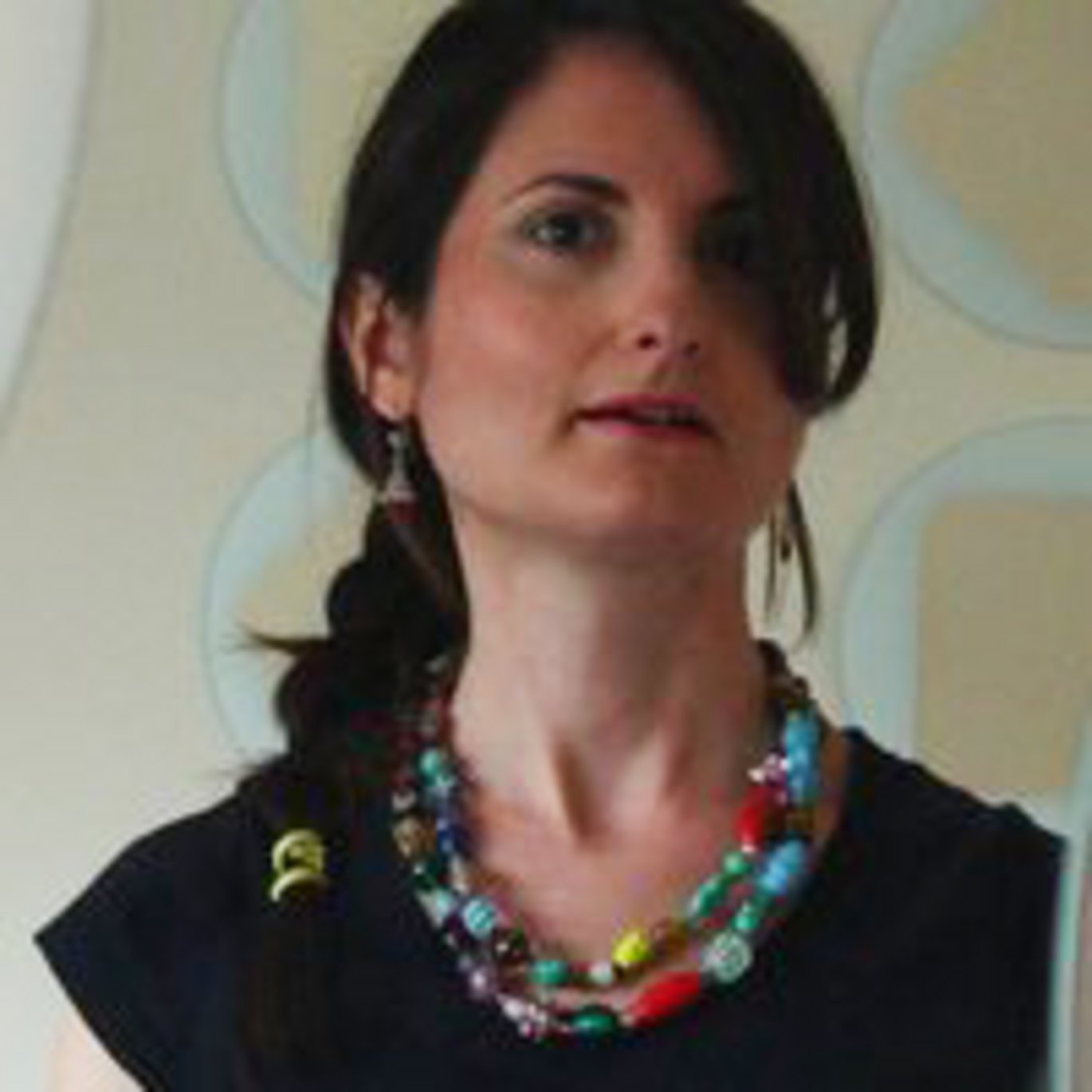Introduction of Cristina Boschetti
New Postdoctoral Research Fellow at UrbNet.

Cristina Boschetti is Postdoctoral Research Fellow at the Centre for Urban Network Evolutions (UrbNet). Her main research interests include the study of Hellenistic, Roman and Medieval glass technology and economy, with a focus on long-distance trade networks and on the phenomena of reuse and recycling. She is also deeply interested in the technical aspects of Roman mosaics and wall paintings. She is active as museum curator with projects exploring the connection between Classical and contemporary art. Her research is strongly interdisciplinary and she combines the visual examination of artifacts to the chemical analyses, performed in collaboration with of the IRAMAT-CEB centre of the CNRS Orléans (France). During her previous employments at UrbNet she investigated Roman, Medieval and Renaissance glass from Gerasa and Khirbet al-Kalde (Jordan), from Caesar’s Forum in Rome and the Sarno Baths in Pompeii (Italy). In 2023 she received from the Corning Museum of Glass the Rakow Grant for Glass Research, “Glass from the Forum of Caesar: interdisciplinary studies for a history of glass from Rome" (https://people.cmog.org/bio/cristina-boschetti).
Her current project at UrbNet “Urban networks in central-western Adriatic: the glass perspective" investigates, from the point of view of glass, the impact of the major socio-political transformations encountered by the city-port of Ancona, between the 4th century BCE and the 4th century CE. Ancona was a key player in the international exchanges connecting the eastern and the western Mediterranean, but the glass economy of the region has never been investigated. We do not know if glass-working and recycling were practiced in the area and if raw glass was imported form Syro Palestine and/or Egypt. “Urban networks in central-western Adriatic: the glass perspective” will reply to these questions, contributing to shape a more nuanced view of the Mediterranean glass economy and to understand the role played by cities in these processes.
